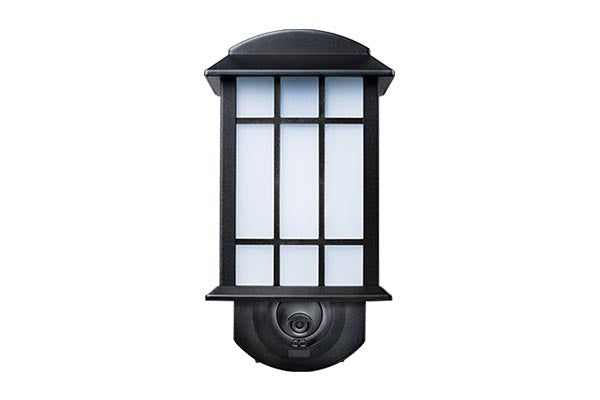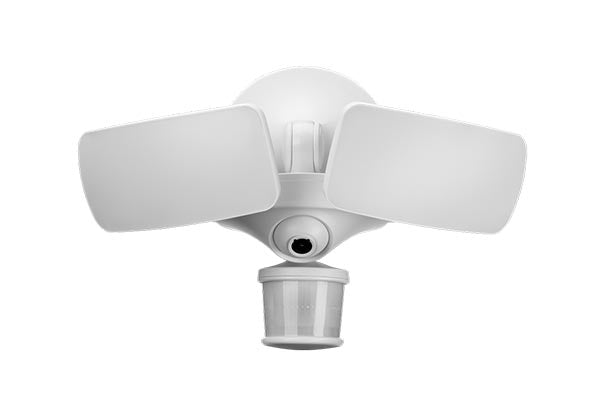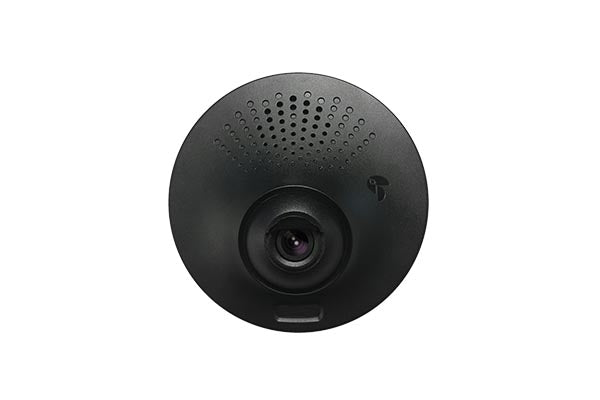
Basic Home Safety for Seniors
As people age, home security becomes increasingly important. Because criminals know that an elderly person would have a much harder time fighting back compared to a younger individual, seniors’ homes are often targeted. In addition, many seniors live on their own. Without a spouse, caregiver, or some other relative in the home, the level of risk increases.
Top Safety Concerns
Beyond a home invasion, a senior has more to worry about. In fact, there are a number of situations in which immediate attention is required. For example, there is a greater risk of falling and slipping. Especially when living in an apartment complex, entryways may not be properly lit. This creates a darkened area that would make the perfect hiding place for a burglar.
The home should be a safe haven, the one place that an aging person feels protected. As indicated by the information provided, there are ways to enhance safety and security, giving seniors peace of mind.
• Falls and Slips – For an elderly person who has recently undergone surgery or struggles with balance because of age, using a walker or cane is recommended. Even nonslip footwear would make a significant improvement. Of course, it is just as important to keep the floor clear of clutter, including electrical cords. Taking the right precautions will dramatically reduce the risk of falls and slips.
• Poor Hearing and Sight – There are several options for helping a senior who has a difficult time hearing or seeing. For instance, a high-volume doorbell can be installed and brighter lighting can be added. If necessary, a special doorbell that causes the lights to flicker when pressed is a perfect solution for a hard-of-hearing senior.
• Safety in the Bathroom – One of the rooms where injury-causing accidents occur most often for seniors is the bathroom. To make this a safer room, the water temperature should be turned down to prevent burns. Along with this, a grab bar should be installed within the tub and near the toilet, providing an elderly person something solid to hold onto when getting up and down. Even a handicap-style toilet can be installed, which is taller and easier and safer to use. Learn more about Bathroom Safety.
• Stairs – Often, getting up and down stairs is not only hard for an elderly person but also potentially dangerous. Obviously, handrails and banisters should be securely installed, providing the person with something to hold onto. However, if managing the stairs has become too risky, an automatic chairlift can be installed. With this, the senior simply sits down, straps in, and presses a button to reach the top or bottom of the stairs. Learn more Staircase Safety
• Lifting – In the mind of a senior, the body is still capable of doing everything. In reality, simple tasks, like lifting, become difficult and pose a risk of injuring the back. An elderly person can use carts to move things from one area to another, transfer cleaning products into smaller containers that are easier to carry, and do smaller loads of laundry. Each of these suggestions makes a huge difference.
• Drug Interaction or Overdose – Many seniors are at risk for having a bad drug interaction or even experiencing an accidental drug overdose. For this reason, it is imperative that all medication have a proper and clearly visible label. An elderly person should also have daily prescriptions written down according to a set schedule and use a pill box for administering the medication.
• Danger of Fire – Perhaps one of the most frightening dangers for a senior is fire. Facing limited mobility means that the home must be readied in the event a fire breaks out. This includes having a clear pathway to an exit, having working smoke detectors in several areas of the home, avoiding the use of space heaters, and double-checking that cigarettes and candles are completely extinguished. A senior should also have a few fire extinguishers within close reach. If the bedroom is on the upper level, there should be some type of escape mechanism, such as a ladder. For added safety, a carbon monoxide detector should be installed.
• Emergency Numbers – Along with having the phone number of family members and friends who live nearby saved in a phone, a senior should know or have stored emergency numbers. The numbers that should be placed on speed dial include 911, poison control, primary and specialty doctors, and the closest hospital. In addition to having a cellphone, an elderly person should have a landline. That way, emergency dispatch can immediately detect the home address whenever a 911 call is placed from the home phone. With a cell phone, it would take time to ping the location.
• Home Security System – One additional way that a senior can stay safe is by having a Kuna home security system installed. This system covers entryways into the home and is designed with special features, including three-way communication, built-in siren, automatic on/off capability, and smartphone alerts. It has been proven time after time that a camera-mounted security system is an excellent deterrent for criminal activity. Coupled with the fact that the Kuna home security system provides an elderly person with other advanced features, this is a top solution for staying safe.
Stop break-ins before they happen.

Save $20 on your first order.
Latest news, feature updates, and exclusive discounts.



